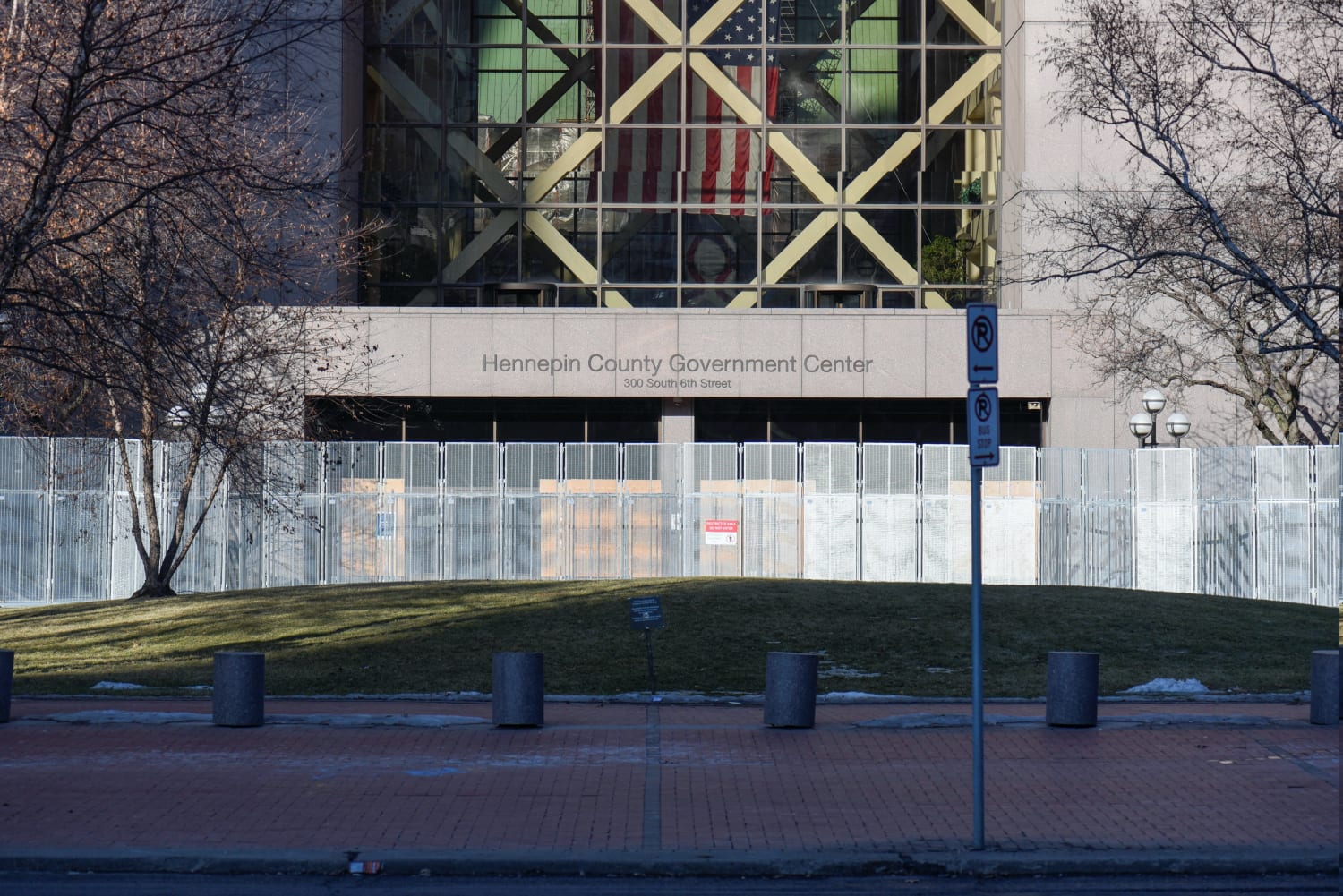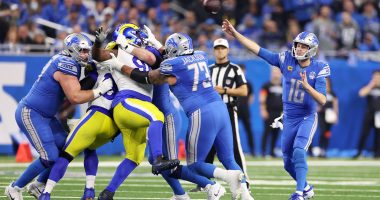An appeals court ruled Friday that a lower court erred in dismissing a third-degree murder charge against the former Minneapolis police officer accused in the killing of George Floyd, clearing the way for the Minneapolis attorney general’s office to try to have the charge reinstated.
Derek Chauvin, who was seen on a bystander video kneeling on Floyd’s neck for several minutes, faces second-degree murder and manslaughter charges. His trial begins Monday.
The trial judge, Peter Cahill, of the Fourth Judicial District Court, which serves Hennepin County, dismissed a third-degree murder count in October for lack of probable cause. Cahill ruled at the time that a third-degree murder charge under Minnesota law requires proof that someone’s conduct was “eminently dangerous to others,” not just to Floyd.
But prosecutors had asked the Minnesota Court of Appeals to reinstate the charge in light of its decision last month to uphold a third-degree murder conviction against former Minneapolis police Officer Mohamed Noor for the 2017 fatal shooting of Justine Ruszczyk Damond, an Australian woman who had called 911 to report hearing a possible sexual assault happening. The Court of Appeals ruled in Noor’s case that “third-degree murder may occur even if the death-causing act endangered only one person,” according to the prosecutors’ motion filed last month.
“This court’s precedential opinion in Noor became binding authority on the date it was filed,” Friday’s ruling states. “The district court therefore erred by concluding that it was not bound by the principles of law set forth in Noor and by denying the state’s motion to reinstate the charge of third-degree murder on that basis.”
“We reverse the order of the district court and remand for reconsideration of the state’s motion,” it continues. “On remand, the district court has discretion to consider any additional arguments Chauvin might raise in opposition to the state’s motion. But the district court’s decision must be consistent with this opinion.”
Chauvin’s attorney, Eric Nelson, and Keith Ellison, the Minnesota attorney general, did not immediately respond to requests for comment.
Floyd, a Black man, died May 25 after Chauvin, who is white, pressed his knee on Floyd’s neck while he was handcuffed. The officer remained in that position for several minutes, even as Floyd said that he couldn’t breathe.
Video of the incident was widely shared on social media and spurred global protests against police brutality and systemic racism.
Police were investigating whether Floyd used a counterfeit $20 bill at a nearby store.
Chauvin and the three other officers who were at the scene — J. Alexander Kueng, Thomas Lane and Tou Thao — were fired days after Floyd’s death and later arrested. The other three officers, who were charged with aiding and abetting Chauvin, are expected to go to trial in August. Prosecutors have asked the Court of Appeals to reinstate third-degree murder charges against them, too.
Chauvin had agreed to plead guilty to third-degree murder days after Floyd’s death, but then-Attorney General William Barr rejected the deal because he worried that, among other things, it would be perceived as being too lenient.
Source: | This article originally belongs to Nbcnews.com










